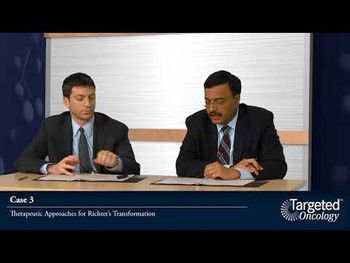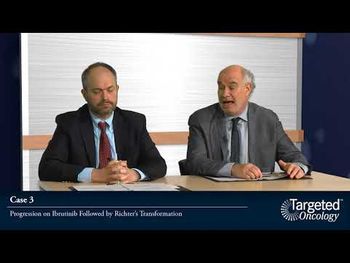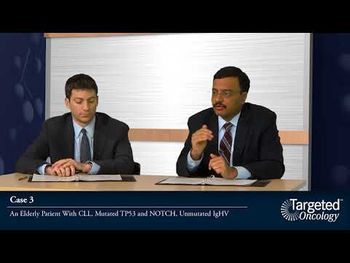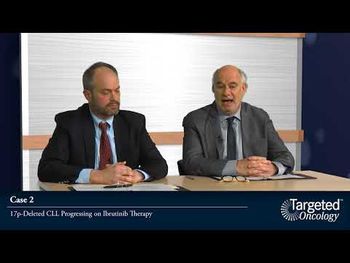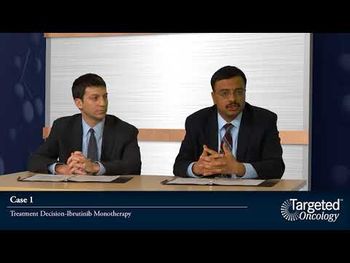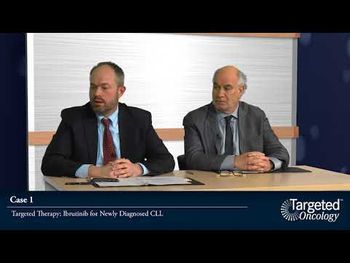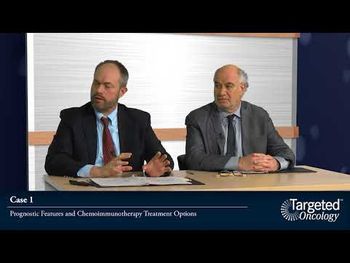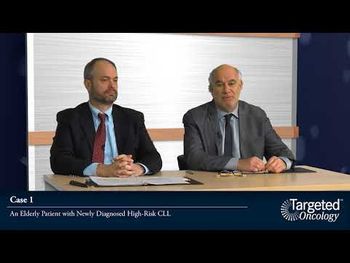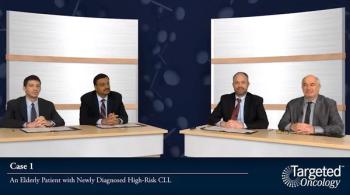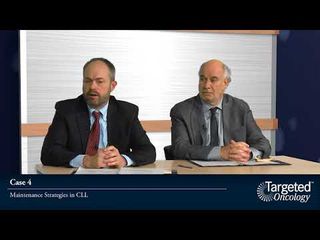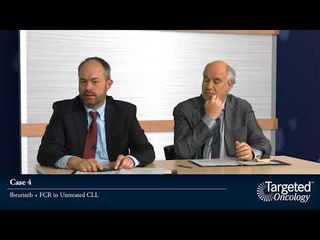
GENOMIC TESTING
Latest News
Latest Videos

More News


General Cancer

Increasing clinical relevance of less common gene signatures and alterations is leading to a benefit from broad-panel next-generation sequencing testing for patients with metastatic non–small cell lung cancer, according to an expert at Memorial Sloan Kettering Cancer Center.

During the 2018 Annual Meeting of the Connective Tissue Oncology Society, Jason Roszik, PhD, MBA, of the MD Anderson Cancer Center, discusses the use of next-generation sequencing in intimal sarcoma.<br />

Laura Michaelis, MD, associate professor of medicine, Medical College of Wisconsin, discusses thrombotic risk for patients with essential thrombocythemia and polycythemia vera.

Ignacio I. Wistuba, MD, Department of Translational Molecular Pathology, Division of Pathology and Laboratory Medicine, The University of Texas MD Anderson Cancer Center, discusses how clinicians can best integrate molecular pathology into their treatment selection for patients with non-small cell lung cancer.

Giorgio Vittorio Scagliotti, MD, PhD, chief of the Medical Oncology Division at the S. Luigi Hospital, Orbassano (Torino), and head of the Department of Oncology at University of Torino, Italy, discusses the utilization of molecular profiling to inform treatment decisions for patients with non-small cell lung cancer.
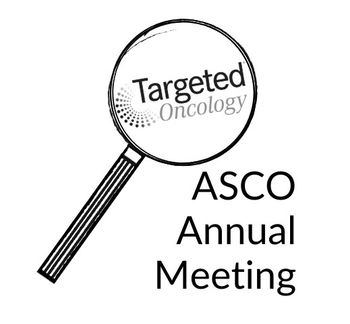
According to findings released ahead of the 2018 ASCO Annual Meeting, the use of next-generation sequencing (NGS) for patients with metastatic non–small cell lung cancer (NSCLC) can save Center for Medicare and Medicaid Services (CMS) payers $1.4 million to $2.1 million. The findings additionally showed that NGS saved commercial insurance providers more than $250,000.<br />


